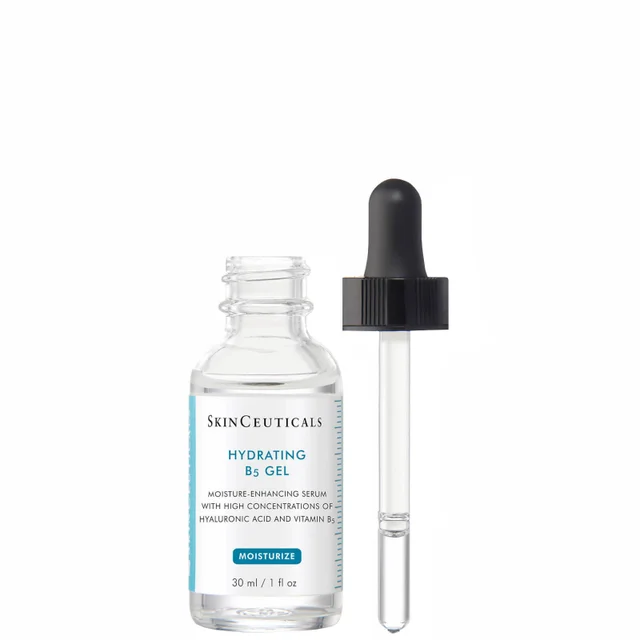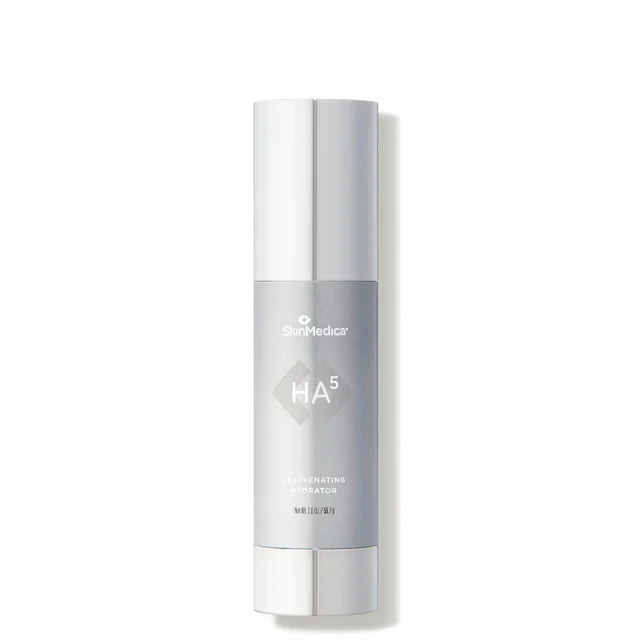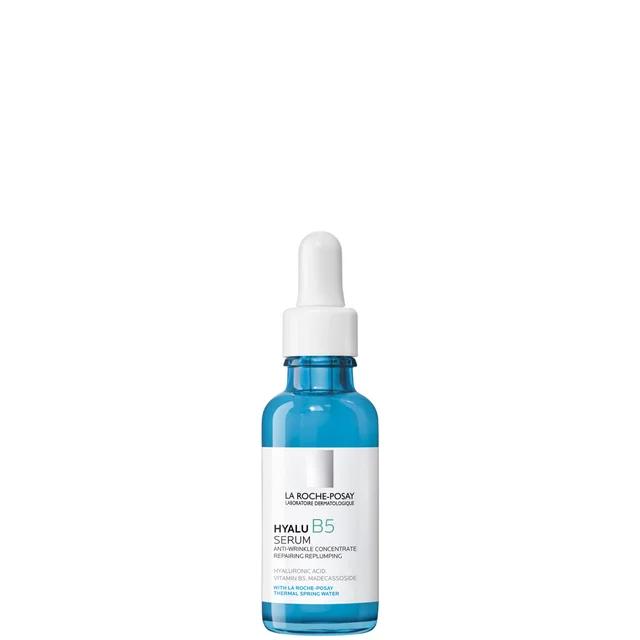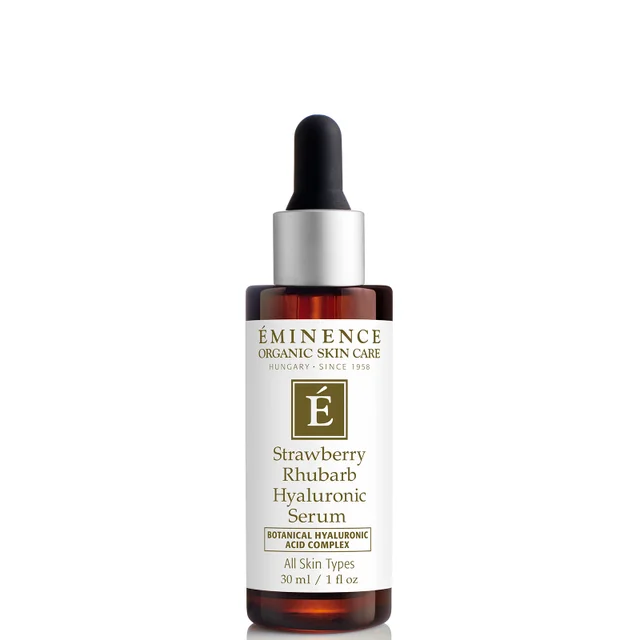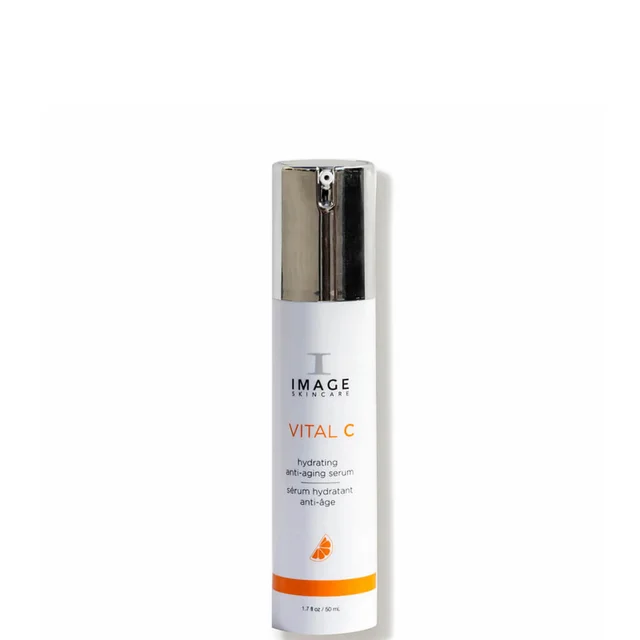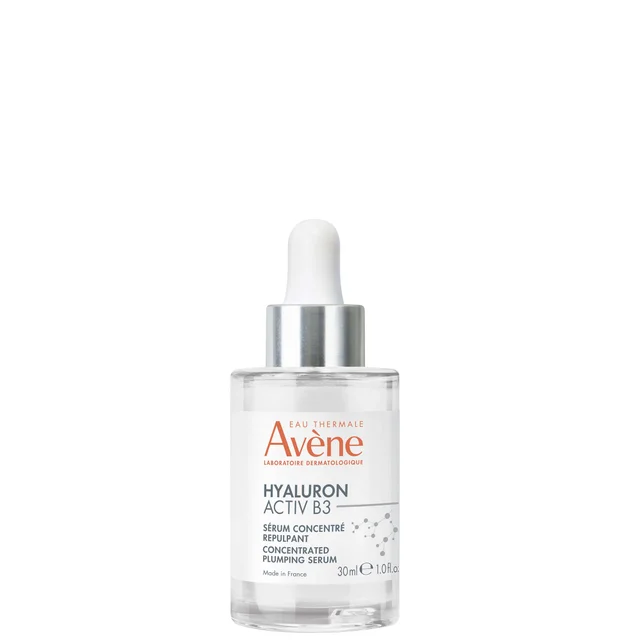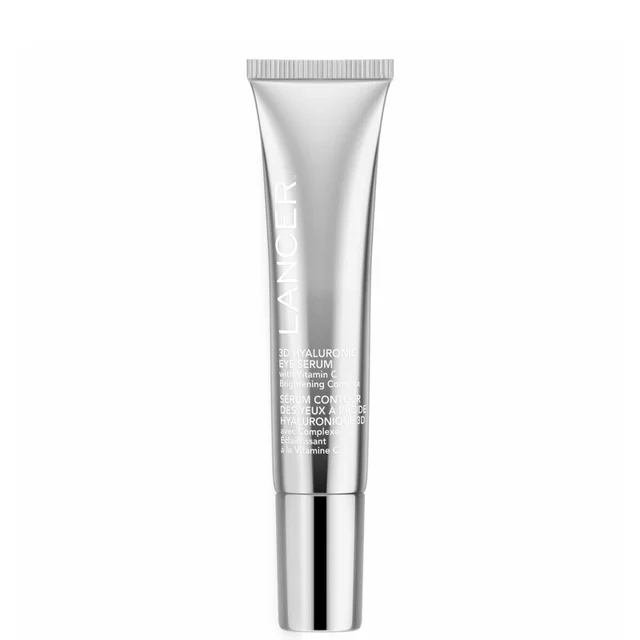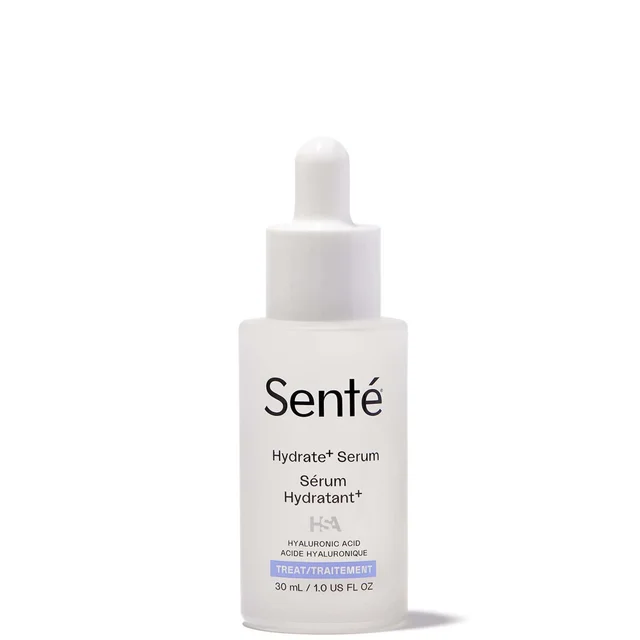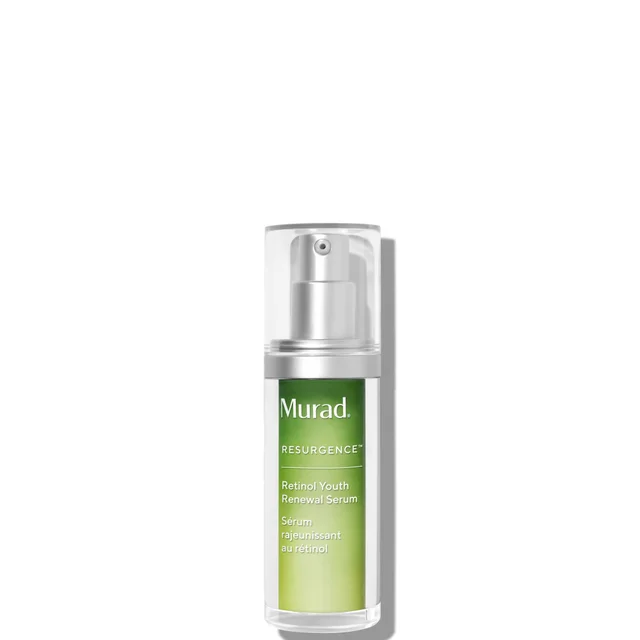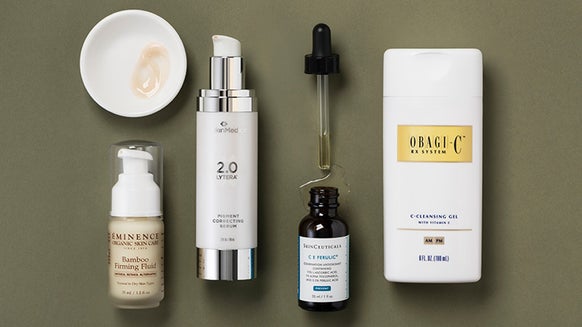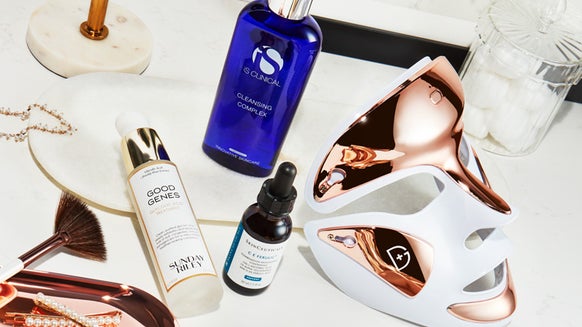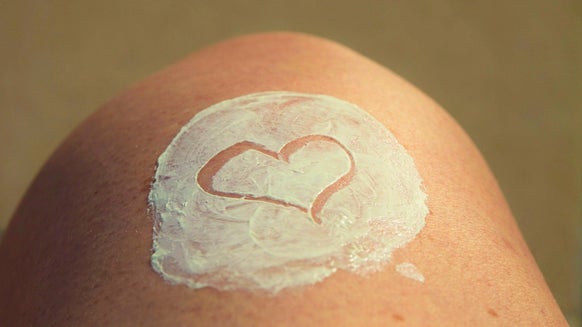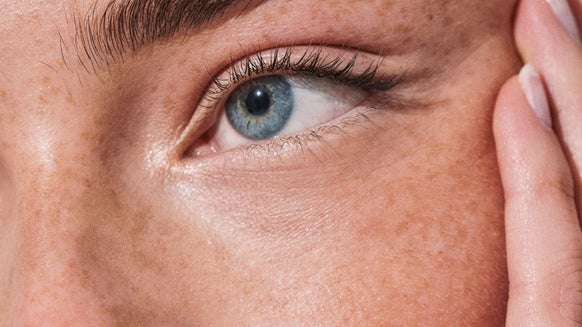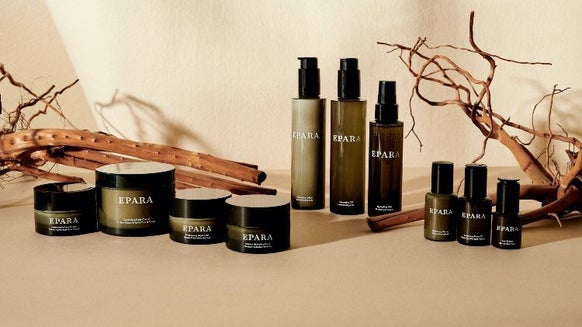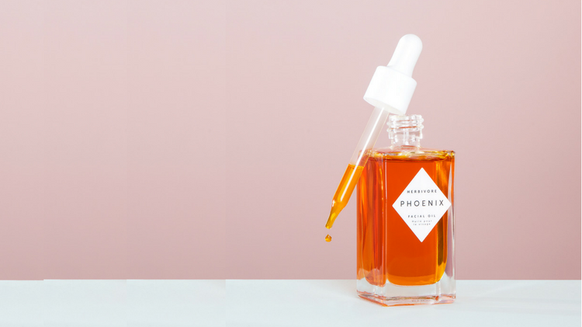11 Best Hyaluronic Acid Serums for Plump and Hydrated Skin
Properly hydrated skin is one of the best ways to get glass skin with a healthy glow. Creams and moisturizing lotions are one thing, but nothing gets the job done quite like a good hyaluronic acid serum. Despite having the word acid in its name, this naturally found hydrating substance is the secret to baby smooth, soft skin that’s perfectly balanced. Since hyaluronic acid holds up to 1,000 times its weight in water, it is one of the most effective hydrators for skin that’s perfectly plump and healthy. And no matter your skin type or concerns, the best hyaluronic acid serums are the ones that make the skin look flawless and filtered every single day.
Our Top Picks
Best HA Serum for Acne-Prone Skin: SkinCeuticals Hydrating B5 Gel Best HA Serum for Mature Skin: SkinCeuticals H.A. Intensifier Multi-Glycan Best HA Serum for Sensitive Skin: SkinMedica HA5 Rejuvenating Hydrator Best HA Serum for Dry Skin: La Roche-Posay Hyalu B5 Hyaluronic Acid Serum Best HA Serum for Oily Skin: Eminence Organic Skin Care Strawberry Rhubarb Hyaluronic Serum Best HA Serum for Anti-Aging: IMAGE Skincare VITAL C Hydrating Anti-Aging Serum Best HA Serum for Under Makeup: Avène Hyaluron Activ B3 Concentrated Plumping Serum Best HA Serum for Brightening Eyes: Lancer Skincare 3D Hyaluronic Eye Serum with Vitamin C Brightening Complex Best HA Serum for the Body: iS Clinical Youth Body Serum Best HA Serum for All Skin Types: SENTÉ Hydrate+ Serum Best HA Serum with Retinol: Murad Retinol Youth Renewal Serum
Meet the Expert
Dr. Ashley Magovern - Board-certified dermatologist and member of Dermstore's Medical Advisory Board
What Is Hyaluronic Acid
Since hyaluronic acid, a humectant, can draw water into an area and hold it, the acid helps hydrate the skin and improve its overall health. While the body naturally produces hyaluronic acid, with age, the amount of it created begins to taper off, leading to skin that is naturally drier and less bouncy and plump. But adding one of the best hyaluronic acid serums into your daily skincare routine provides both immediate and long-term improvement.
Why Hyaluronic Acid Serum is Important
Although hyaluronic acid is already present in our skin and body, it’s still important to include a hyaluronic acid serum in your skin care routine. Dr. Magovern explains: "As we age and go through life, our skin becomes increasingly dry and loses moisture. Aging skin loses its firmness, becomes less supple and often looks dehydrated. A product that contains hyaluronic acid can replenish the moisture that aging skin is lacking, improve the appearance of fine lines and make the skin look smoother."
Regardless of age, skin type or concern, everyone can and should be using a product containing hyaluronic acid, adds Dr. Magovern. "The great thing about hyaluronic acid is that it can be used on all skin types, even sensitive and acne- and rosacea-prone patients. There is nothing better at almost instantly giving a refreshed, hydrated, smooth appearance to the skin.
Best Hyaluronic Acid Serums
Best for HA Serum for Acne-Prone Skin: Skinceuticals Hydrating B5 Gel
Formulated without pore-clogging ingredients, this face serum features a dose of hyaluronic acid plus vitamin B5 to bind moisture to the skin, making it more supple. Use it alongside your favorite skincare products to reduce the look of dry, dehydrated skin without instigating breakouts.
Best HA Serum for Mature Skin: SkinCeuticals H.A. Intensifier Multi-Glycan
Perfect for more mature skin that craves hydration plus a plumping effect, this hyaluronic acid-rich serum stimulates and enhances skin-plumping glycans to give a naturally hydrated, plump, and enhanced contouring effect that does not pill on the skin.
Related Article: Reviewed: SkinCeuticals Hyaluronic Acid Intensifier Multi-Glycan And Its Powerful Benefits
Best HA Serum for Sensitive Skin: SkinMedica HA5 Rejuvenating Hydrator
Sensitive skin types require hydration too, which is where this moisturizing serum comes into play. It combines five different hydrators, including hyaluronic acid and vitamin E, into a single formula to smooth out even the roughest of skim for long-lasting moisture without any redness or irritation.
Best HA Serum for Dry Skin: La Roche-Posay Hyalu B5 Hyaluronic Acid Serum
Breathe new life and a much-needed dose of moisture into dry skin with this anti-aging serum. Perfect for skin that never seems to be well hydrated, this lightweight serum features two types of pure hyaluronic acid plus vitamin B5, glycerin and dimethicone to lock in moisture and give the skin a plumping effect.
Best HA Serum for Oily Skin: Eminence Organic Skin Care Strawberry Rhubarb Hyaluronic Serum
Eminence Organic Skin Care Strawberry Rhubarb Hyaluronic Serum If youthful-looking skin is what you are after, but excess oil stands in the way, consider this potent hyaluronic acid serum that works well for oily skin and all other skin types. It works to gently exfoliate the skin while nourishing it too so that the skin appears softer and smoother but never greasy looking.
Best HA Serum for Anti-Aging: IMAGE Skincare VITAL C Hydrating Anti-Aging Serum
Two star anti-aging ingredients—vitamin C and hyaluronic acid—come together in this serum to brighten, hydrate, and improve the appearance of lines. Suitable for all skin types, this ultra-potent serum increases hydration and skin plumpness while decreasing the appearance of discoloration and wrinkles for visibly healthier and more youthful-looking skin.
Best HA Serum for Under Makeup: Avène Hyaluron Activ B3 Concentrated Plumping Serum
We like layering this hyaluronic acid- and niacinamide-rich serum onto the skin before applying makeup for ample hydration and smoother-looking skin. Plus, the brand’s famous thermal spring water makes an appearance in the formula for skin-soothing benefits and perfect-looking makeup.
Best HA Serum for Brightening the Eyes: Lancer Skincare 3D Hyaluronic Eye Serum with Vitamin C Brightening Complex
Dark, tired-looking eyes don’t stand a chance against this skin-brightening serum. Light in weight but heavy in active ingredients that work to make a noticeable difference, this hyaluronic acid and vitamin-rich serum targets the appearance of fine lines, wrinkles, puffiness, and dark circles for a smoother, tighter, and brighter look.
Best HA Serum for the Body: iS Clinical Youth Body Serum
The skin on the body deserves equal attention as the skin on the face. This hydrating, hyaluronic acid-rich body serum mist helps to hydrate, nourish, and protect the skin from damaging environmental aggressors so it always feels soft, refreshed and perfectly hydrated.
Best HA Serum for All Skin Types: SENTÉ Hydrate+ Serum
Best HA Serum with Retinol: Murad Retinol Youth Renewal Serum
How to Choose the Best Hyaluronic Acid Serum for Your Skin
When it comes to using the best hyaluronic acid serum for your skin, it’s important to find one compatible with your skin type and current needs. Not all hyaluronic acid serums are created equally, and some may contain the ingredient in trace amounts or too large of a molecular size, which won’t do much to improve the skin. If you’re using a serum or a cream that aims to plump and hydrate the skin, there’s a good chance your product already contains hyaluronic acid. However, to get the most out of this ingredient, Dr. Magovern recommends looking closely at your product's ingredient list. "Some formulations claim that they contain hyaluronic acid even though the amount is very small," she warns. Rather than selecting just any serum with hyaluronic acid, look for ones that list sodium hyaluronate on the ingredient deck. "Sodium hyaluronate is a hyaluronic acid derivative with a lower molecular weight, which allows it to penetrate the deeper layers of the skin," explains Dr. Magovern, before noting how she also recommends to "look for other ingredients along with the hyaluronic acid, like ceramides, peptides, niacinamide or other antioxidants."
FAQs
Is Hyaluronic Acid Safe for All Skin Types?
Hyaluronic acid serums are generally safe for all skin types, including sensitive, rosacea, and acne-prone skin. Unlike other hydrating ingredients, hyaluronic acid is non-comedogenic, so it won’t clog the pores or feel heavy on the skin. For dry and dehydrated skin types, layering a hyaluronic acid serum with a more intense moisturizer may be necessary to provide an ample dose of hydration.
When to Use a Hyaluronic Acid Serum?
The nice thing about hyaluronic acid serums is that they are light, so they can be used morning and night or just when a little bit more moisture is needed throughout the day. Hyaluronic acid serums also make great moisturizers in more humid climates and during the summer months.
How to Use a Hyaluronic Acid Serum?
The best way to use a hyaluronic acid serum is as part of your daily skincare routine. On clean, dry skin, apply it morning and night as the last step in your routine, and always apply moisturizer over it. If you use hyaluronic acid serum during the day, follow that up with sunscreen. You can also use it as a makeup prep, giving the skin a smoothing and plumping effect. At night, try layering a hyaluronic acid serum under a heavier night cream and moisturizer so that it can go hard to work while you sleep.
Can You Use Hyaluronic Acid with Vitamin C?
Yes. Hyaluronic acid and vitamin C serums are among the best combinations to use since they target multiple aging-related factors. If you don’t want to layer the two ingredients, look for a serum that contains both to help streamline your skincare efforts.

Elise Minton Tabin is an award-winning beauty journalist, editor, and beauty expert with more than 16 years of experience. She previously held the title of Executive Beauty Editor at NewBeauty magazine, where she reported on beauty, plastic surgery, anti-aging, health and wellness. She was also instrumental in the launch of the beauty supplement brand Hush & Hush. A self-professed beauty junkie and retinol and sunscreen pusher, Elise knows what’s new, what works and who’s the best to go for every procedure under the sun. Follow Elise on Facebook, Instagram, and on her beauty blog, elisetabin.com
